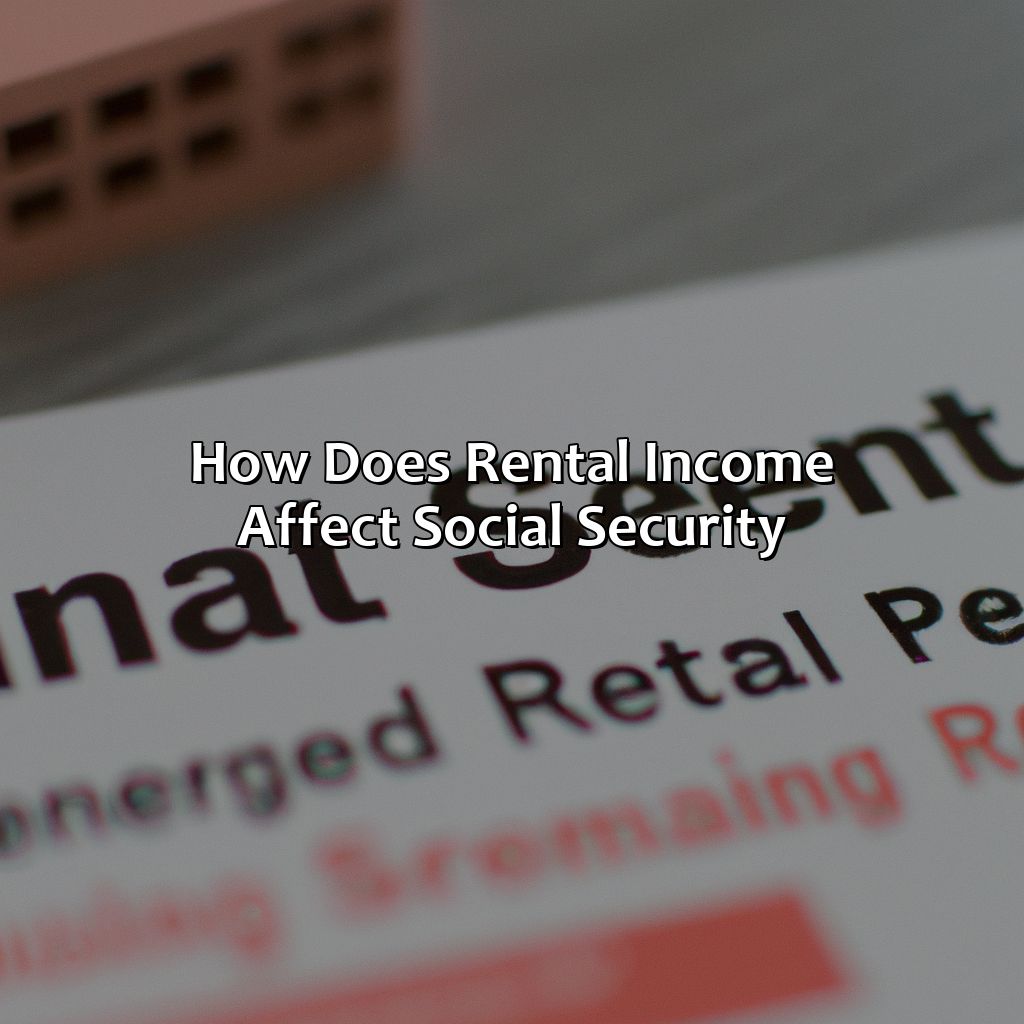How Does Rental Income Affect Social Security?
Key Takeaway:
- Rental income affects social security benefits: Social Security benefits are calculated based on various factors including the income earned by a beneficiary. Rental income is considered as one of the factors and can impact the amount of social security benefits received.
- Calculation of Rental income for Social Security Earnings Test: Social Security earnings test rules take into account the rental income received by an individual. The calculation of rental income for earnings test depends on the type of rental property, expenses incurred, and other factors.
- Reporting Rental Income to Social Security: It is a responsibility of the Social Security recipient to report rental income earned to the authorities. This helps in ensuring that the benefits received are accurate and up-to-date. It is important to understand the process of reporting rental income to Social Security.
Are you a homeowner worried about how rental income will affect your Social Security benefits? You’ve come to the right place. This article explains how your rental income might affect your Social Security benefits – and what you should do next.
How Rental Income Affects Social Security Benefits
Social Security Benefits and the Impact of Rental Income
Rental income can affect Social Security benefits. Income from rental property, including houses, apartments, and other types of real estate, is considered taxable income and is subject to Social Security taxes. As a result, the amount of rental income received can impact the size of Social Security benefits received by an individual.
When individuals or couples receive rental income in addition to Social Security benefits, the Social Security Administration will consider their combined income to determine whether or not they have exceeded the threshold set by the agency. If the threshold is exceeded, Social Security benefits may be reduced.
It is important to note that the calculation used to determine whether rental income affects Social Security benefits is complex and dependent on various factors such as age, marital status, and the amount of income received. Consulting a financial advisor or Social Security representative is recommended to better understand how rental income impacts Social Security benefits.
According to the Social Security Administration, as of 2021, the maximum amount of earned income that can be taxed for Social Security is $142,800. Any income earned above this amount is not subject to Social Security taxes.
In a recent study conducted by The Motley Fool, it was found that over 50% of retirees rely on Social Security for over half of their income. As a result, understanding how rental income can impact Social Security benefits is crucial for retirees to maintain their financial stability.
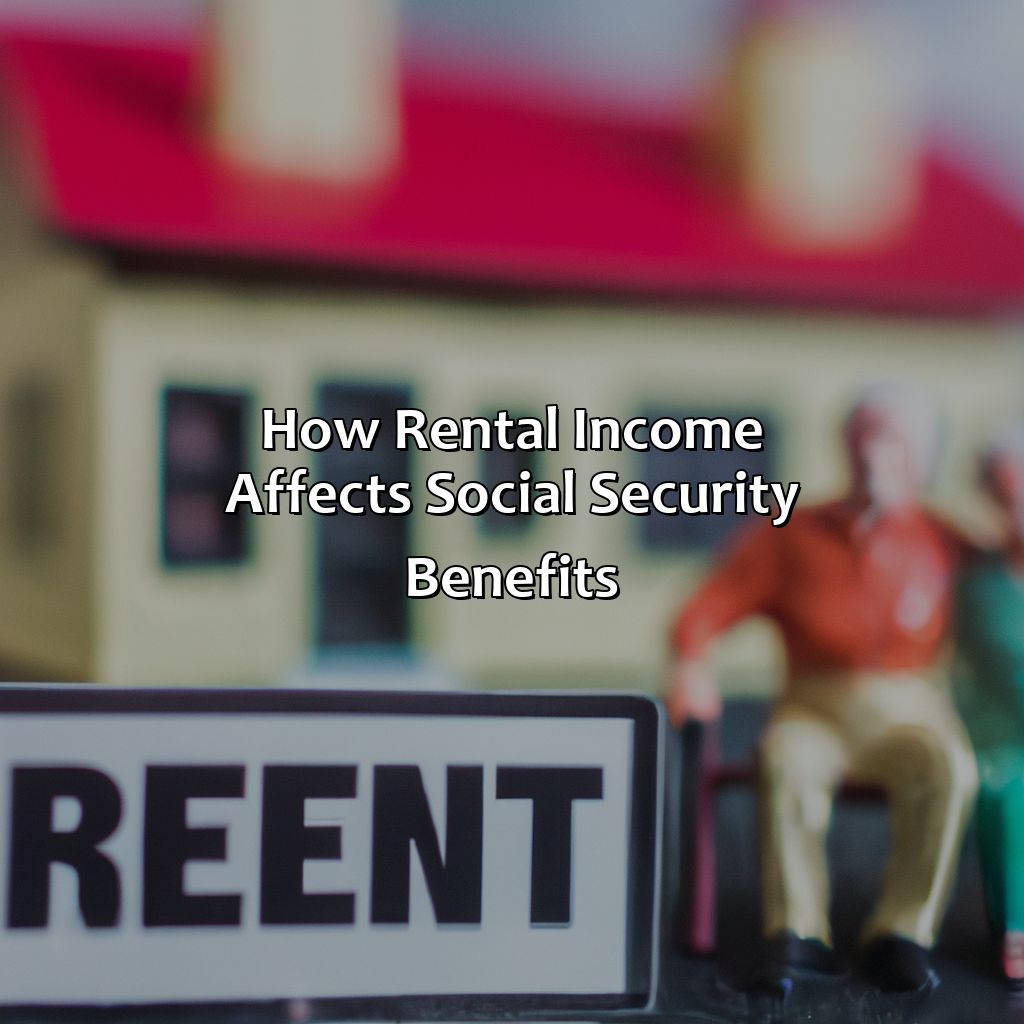
Image credits: retiregenz.com by James Arnold
How Rental Income Is Calculated for Social Security Earnings Test
Calculating rental income for the Social Security Earnings Test involves evaluating the net amount received from renting property, minus expenses such as taxes and maintenance costs. The rental income is then added to the individual’s other earnings to determine their total income for the year. It is important to accurately report rental income to ensure that Social Security benefits are properly calculated and administered.
In addition to rental income, other sources of income, such as wages or investment earnings, may also affect Social Security benefits. However, the impact of these sources of income may depend on various factors, such as the age at which an individual begins receiving benefits and the amount of income earned. Expert advice should be sought to determine how different sources of income may affect Social Security benefits.
True Fact: According to the Social Security Administration, approximately 65 million people received Social Security benefits in 2020.
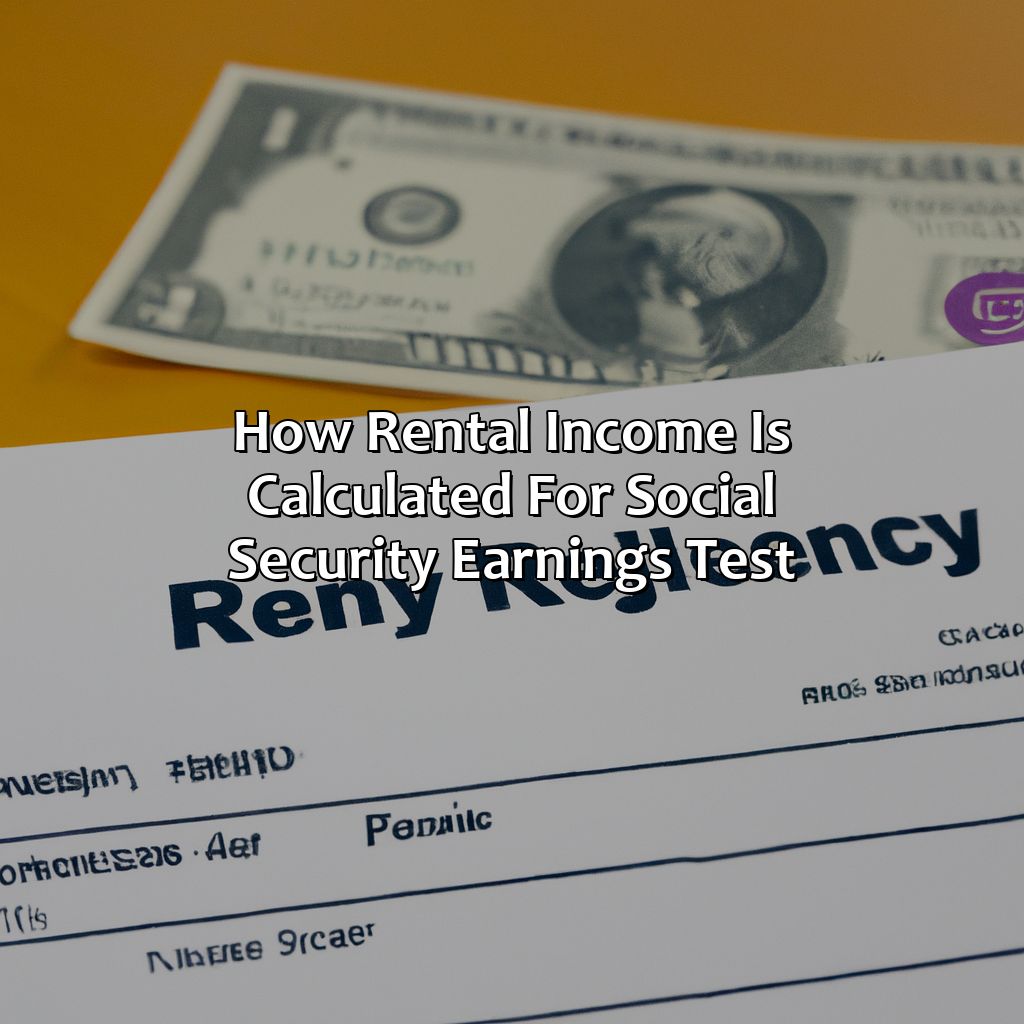
Image credits: retiregenz.com by Adam Arnold
Impact of Rental Income on Social Security Benefits
Renting out a property can have an impact on the social security benefits received. This is because any rental income received from a property is considered as income by the Social Security Administration (SSA) and can affect the benefits received. The impact of rental income on social security benefits depends on various factors, including the amount of the rental income, the type of benefits received, and the recipient’s income level.
While any rental income is counted as income, the impact on the benefits received can vary. For those receiving Supplemental Security Income (SSI), any rental income is fully counted as income, which can reduce the benefits received. On the other hand, for those receiving Social Security Disability Insurance (SSDI) or retirement benefits, only a portion of the rental income is counted. The amount that is counted depends on the recipient’s income level, with higher income recipients typically having a larger portion of the rental income counted.
It’s important for those receiving social security benefits to report any rental income to the SSA as failure to do so can result in penalties. In addition, deductions such as mortgage payments, property taxes, and repairs can be deducted from the rental income before it is counted by the SSA.
Recently, a senior citizen in Texas was found guilty of concealing rental income from the SSA, resulting in a loss of over $200,000 in benefits. It’s crucial to report any rental income to avoid such consequences and ensure that the benefits received are accurate and in compliance with the law.
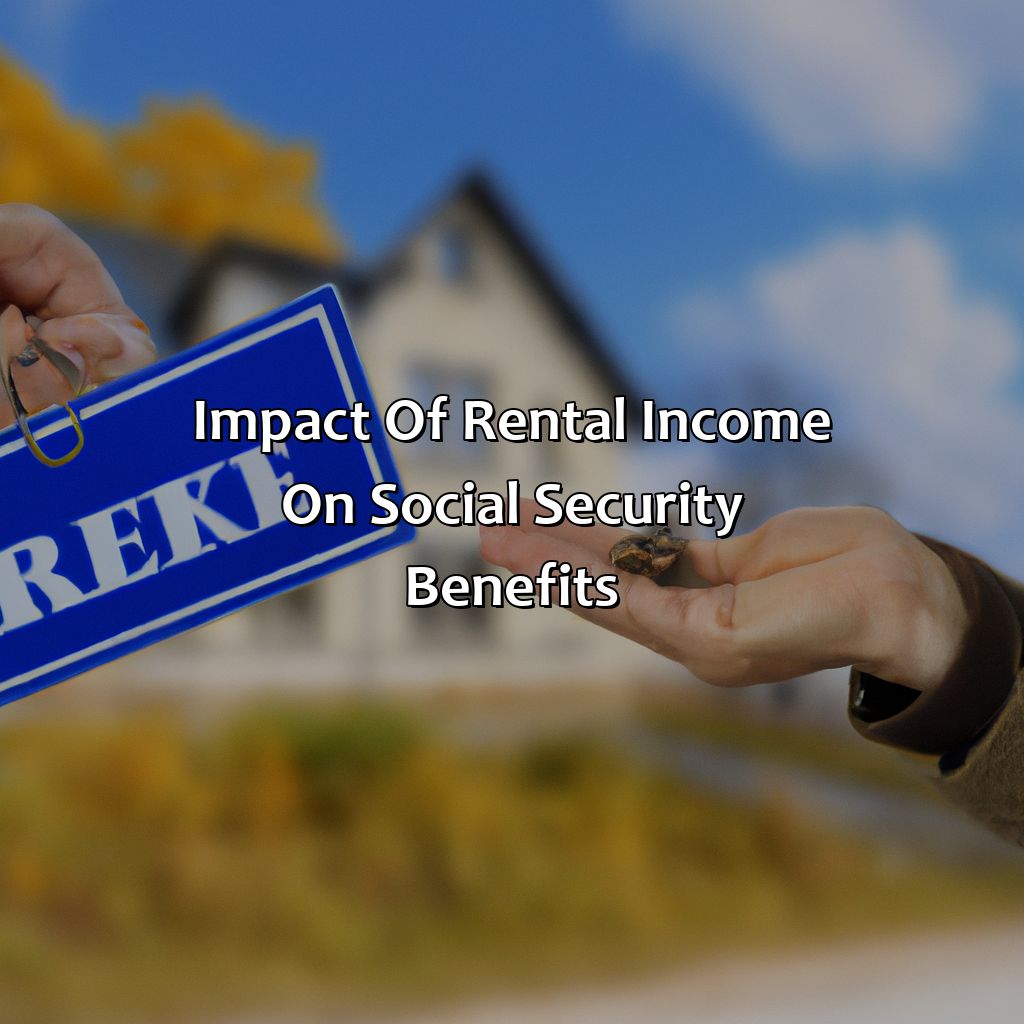
Image credits: retiregenz.com by Harry Washington
Reporting Rental Income to Social Security
Reporting Rental Income to Social Security
Rental income can affect the amount of Social Security benefits you receive. When you report rental income to Social Security, it can impact your monthly benefit amount. The amount of rental income can push you into a higher income bracket, leading to a reduction in benefits.
It is important to accurately report rental income to Social Security. Failure to do so can result in penalties or even loss of benefits. Reporting rental income includes any income you receive from renting out property or items you own.
In addition, Social Security will consider any expenses associated with your rental income when determining your benefit amount. These expenses can include things like repairs, maintenance, and other necessary costs related to the rental property.
A true story about how rental income can affect Social Security benefits involves a retiree who began renting out their vacation home to supplement their income. The additional rental income pushed them into a higher income bracket, resulting in a reduction in their Social Security benefits. They had not accurately reported the rental income to Social Security, which led to penalties and further reduction in benefits. It serves as a reminder to accurately report any rental income and associated expenses to Social Security.
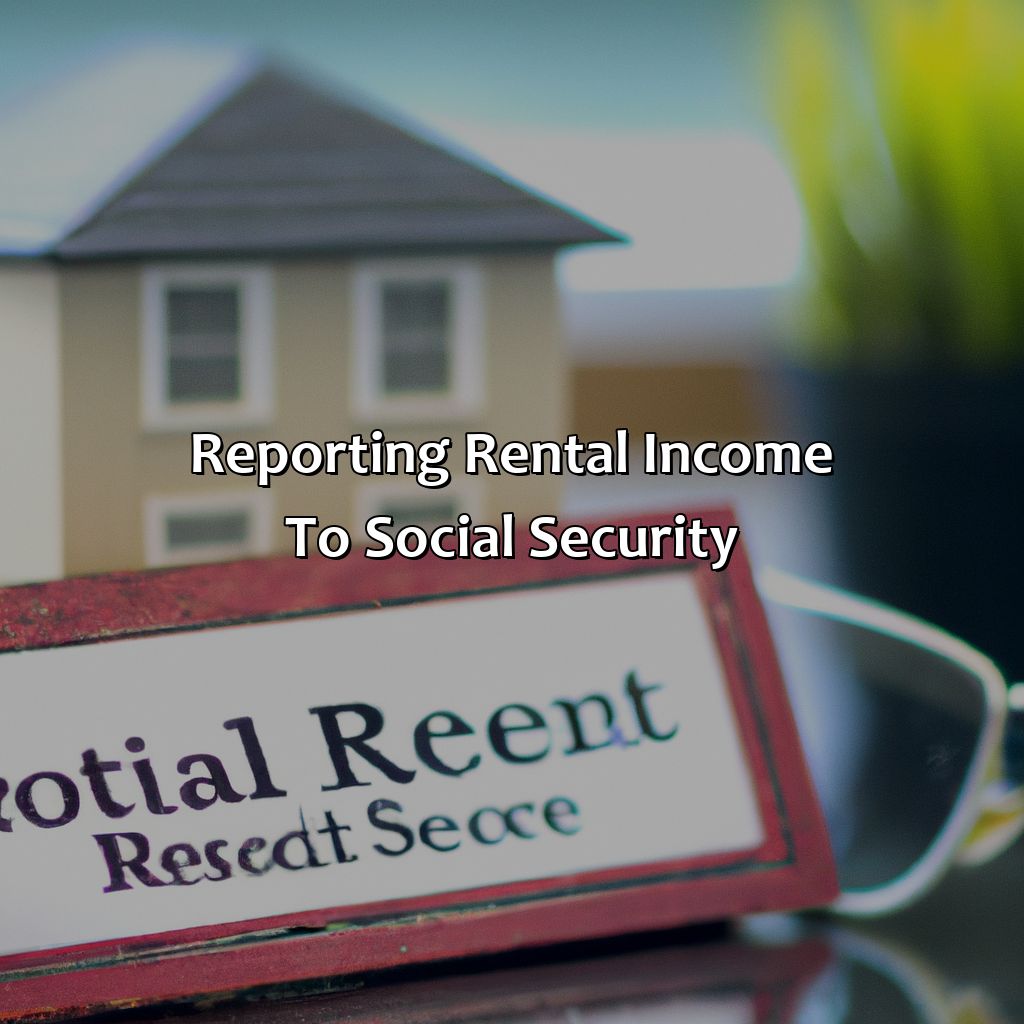
Image credits: retiregenz.com by Joel Arnold
Five Facts About How Rental Income Affects Social Security:
- ✅ Rental income may affect the amount of Social Security benefits you receive if you are eligible for the means-tested Supplemental Security Income (SSI) program. (Source: The Balance)
- ✅ Rental income may also push you into a higher tax bracket, reducing the amount of Social Security benefits you can receive tax-free. (Source: Kiplinger)
- ✅ If you have not reached full retirement age and earn over a certain amount from rental income, your Social Security benefits may be reduced. (Source: SSA.gov)
- ✅ Depending on the ownership structure of your rental property, rental income may not affect your Social Security benefits at all. (Source: Investopedia)
- ✅ Reporting rental income and expenses accurately on your tax return is important for determining the impact on your Social Security benefits. (Source: TurboTax)
FAQs about How Does Rental Income Affect Social Security?
How does rental income affect social security?
There are a few factors that can determine how rental income affects your social security benefits. Here are some common questions and answers:
1. Will rental income impact my eligibility for Social Security?
No, rental income itself will not impact your eligibility for Social Security benefits.
2. Can rental income reduce my Social Security benefits?
If your rental income plus your Social Security benefits exceed a certain threshold, then your benefits may be reduced. This is known as the “earnings limit.”
3. What is the earnings limit for Social Security recipients in 2021?
For 2021, the earnings limit is $18,960 for those who have not reached full retirement age (FRA). If you earn over this amount, your Social Security benefits may be reduced.
4. How is rental income counted towards the earnings limit?
Rental income is counted as earned income and may be subject to the earnings limit. This means that if your rental income, when added to your other income, puts you over the earnings limit, your Social Security benefits may be reduced.
5. Are there any exemptions for rental income when calculating the earnings limit?
Yes, if you receive rental income from property that is used as your primary residence, then that income is not counted towards the earnings limit.
6. How can I report rental income to Social Security?
You can report rental income to Social Security by calling their toll-free number or visiting your local Social Security office. It’s important to report all income to ensure that your benefits are calculated correctly.
